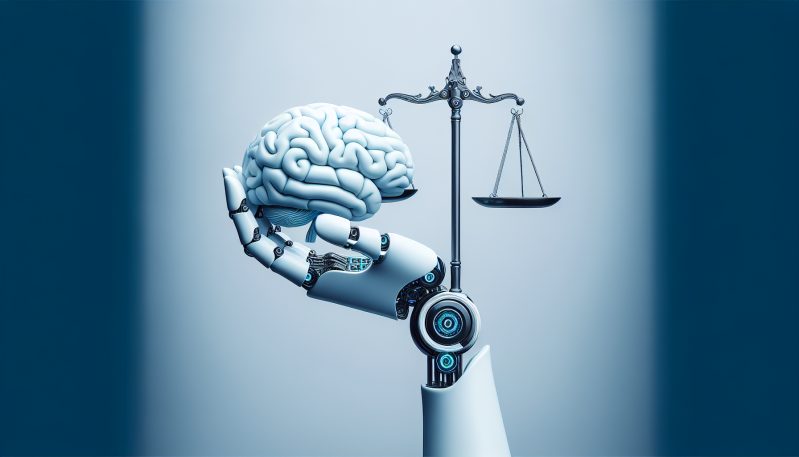The growing reliance on artificial intelligence (AI) across industries brings transformative potential but also raises critical ethical concerns. Among these, ensuring fairness in algorithmic decision-making is a significant challenge. AI systems, while powerful, often reflect the biases embedded in their training data, leading to outcomes that can perpetuate discrimination or inequality. Addressing this issue is central to building trust in AI and ensuring its equitable application.
Bias in AI systems arises primarily from biased training data or flawed model design. For instance, algorithms used in hiring may favor certain demographics if past hiring data reflects systemic inequalities. Similarly, predictive policing algorithms trained on historical crime data might disproportionately target specific communities. These biases, if left unchecked, can exacerbate existing societal disparities.
One way to mitigate bias is through careful curation and diversification of training data. Ensuring datasets represent a broad spectrum of populations, behaviors, and scenarios can help algorithms make decisions that are inclusive and impartial. Regular audits of datasets and AI systems are essential to identify and rectify hidden biases.
Transparent AI design is another critical factor. Making algorithmic processes interpretable allows stakeholders to understand how decisions are made, paving the way for accountability. Techniques like explainable AI (XAI) enable developers and users to identify and address potential biases. This transparency is particularly important in high-stakes domains such as healthcare, finance, and law enforcement.
Regulatory frameworks also play a key role in promoting ethical AI. Governments and organizations worldwide are formulating guidelines to ensure AI systems adhere to principles of fairness, accountability, and transparency. For example, the European Union’s AI Act outlines requirements for AI systems, particularly those in sensitive applications. Such regulations encourage developers to prioritize ethical considerations in their work.
Stakeholder collaboration is vital for creating equitable AI systems. Involving diverse teams in AI development—comprising people from various backgrounds, disciplines, and perspectives—can reduce the likelihood of unconscious biases shaping algorithms. Additionally, engaging with affected communities provides valuable insights into the real-world implications of AI decisions.
Ethical AI development also involves designing systems with mechanisms to detect and address unfair outcomes dynamically. Continuous monitoring and iterative updates ensure that AI systems evolve to meet ethical standards over time. For instance, fairness-aware algorithms can be programmed to evaluate their outputs and adjust their decision-making processes to minimize bias.
Despite these advancements, challenges remain. Balancing fairness with other AI objectives, such as efficiency and accuracy, can be complex. Moreover, fairness itself is a subjective concept that varies across cultural, social, and individual contexts. Developing universally acceptable definitions and metrics for fairness is an ongoing endeavor.
As AI continues to influence critical aspects of life, ensuring ethical and fair decision-making is paramount. Through robust design, transparent practices, and collaborative efforts, the goal of equitable AI systems can be realized, fostering trust and inclusivity in an increasingly automated world.
From Our Editorial Team
Our Editorial team comprises of over 15 highly motivated bunch of individuals, who work tirelessly to get the most sought after curated content for our subscribers.




